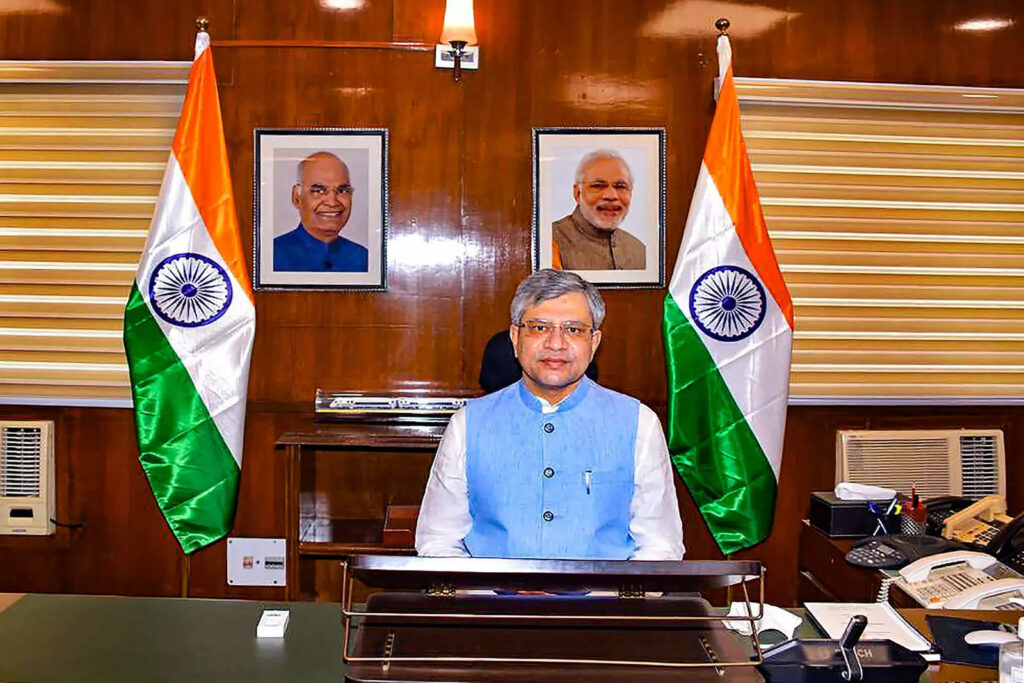NEW DELHI, May 18: The communications minister Ashwini Vaishnaw on Wednesday advised the international delegates to look for the fundamental technological advancements made by India and said India’s own 5G stack would be ready around September-October this year. He urged nations to look actively at these indigenous telecom stacks for cost and quality advantage.
Speaking at an event organised by the Telecom Regulatory Authority of India (TRAI), the minister said India’s indigenous telecom stacks mark “big fundamental technological advancements.” The Minister also noted that bridging the digital divide has become even more crucial in a world where technology is playing a key role in economic development, and added the Government was directing all its efforts to ensure inclusive growth.
“5G stack is also very much in good, advanced stage…by somewhere in September-October India’s own 5G stack will be ready,” Vaishnaw said. He exhorted the international delegates — who were attending the high-level ministerial session organised by the telecom regulator — to look actively at Indian 4G and 5G technology stacks, and assured that these would be “good on cost, and on quality.”
“It will be really a great contribution to your telecom consumers in your countries. I am talking about big fundamental technological advancement which is in the Indian 4G stack. Please use it,” the minister said. The Centre is making all-out efforts for inclusive development, so that government programmes and schemes benefit the marginalised sections of society and those living in far-flung areas.
“In today’s world where technology has taken a primary role in the economy, in this world, if the digital gap is not filled up by conscious effort, then the digital divide is going to accelerate significantly and we will not be able to fulfil or bridge that divide,” he said, adding that the government is persistently working to bridge the digital divide through various measures.
Vaishnaw went on to cite significant initiatives in this regard including enhancing connectivity in far-flung areas via USO support (Universal Service Obligation Fund), the creation of open public digital platforms in areas such as payments, healthcare, logistics and education, and the PM GatiShakti National Master Plan for integrated planning and development of infrastructure.
(Manas Dasgupta)

